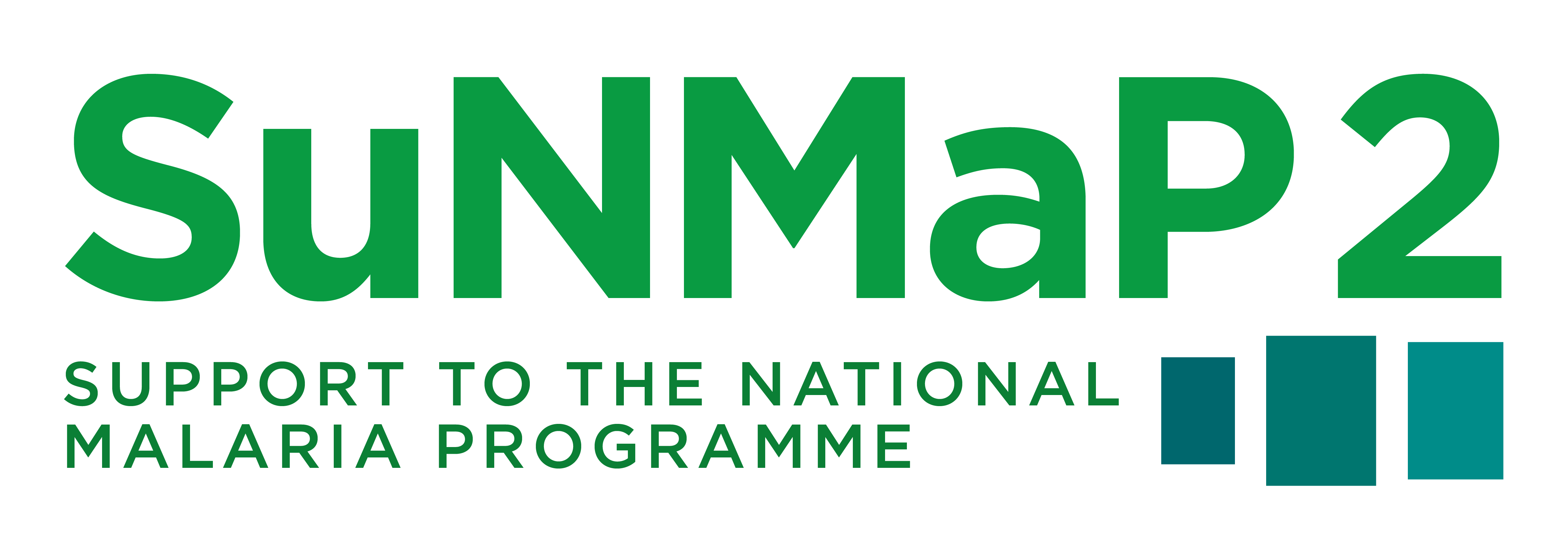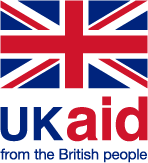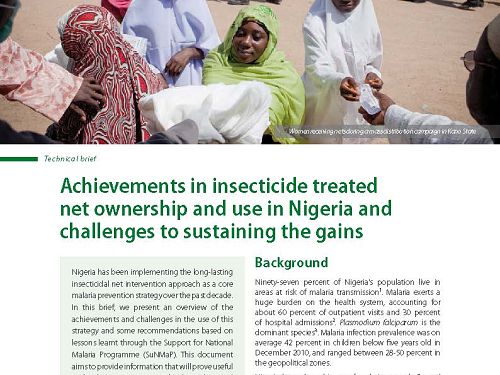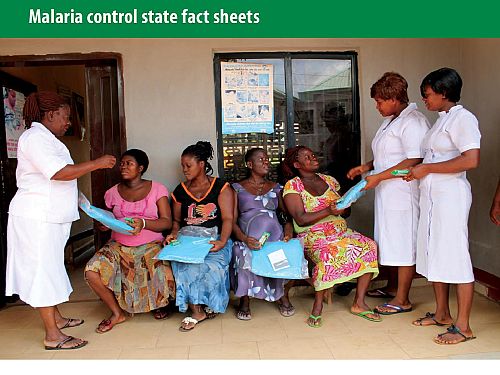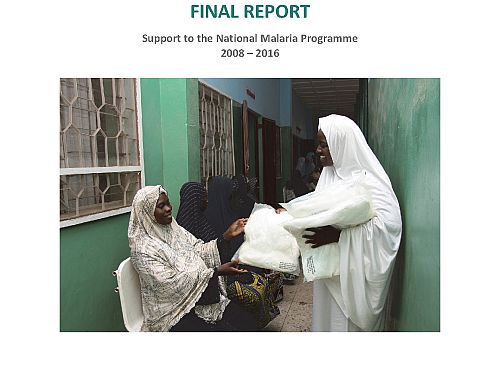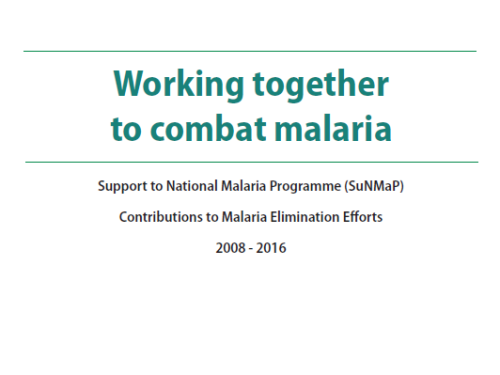Project overview
From 2008 to 2016, Malaria Consortium delivered the UK aid-funded Support to the National Malaria Programme in Nigeria (SuNMaP). This programme focused on scaling up malaria programme interventions in an effort to achieve universal coverage of antimalarial commodities and services for the prevention and treatment of malaria. Between 2010 and 2015, national malaria prevalence among children aged six to 59 months decreased from 42 to 27 percent, reaching an average of 21 percent in SuNMaP supported states.
Despite this progress, in 2017 Nigeria still accounted for 25 percent of malaria cases globally, making it one of the highest burden countries in the world. Such a figure highlights the need for a further, comprehensive malaria programme.
SuNMaP 2 is a UK aid-funded follow-up to SuNMaP that will support government efforts to further reduce Nigeria’s malaria burden. The programme will be implemented by Malaria Consortium and will integrate malaria prevention, treatment, and other interventions at the community and service delivery levels, as well as in other settings, through public and private sector partnerships. It aims to improve the planning, financing and delivery of sustainable malaria programmes across 165 local government areas in six states of Nigeria: Jigawa, Kaduna, Kano, Katsina, Lagos, and Yobe.
It is essential that there is government involvement and stewardship of SuNMaP 2, including through the allocation and release of funds, to ensure that the interventions are sustainable. Malaria Consortium and its partners will, therefore, work in collaboration with government structures at the national and sub-national levels to coordinate and harmonise the planning, implementation and evaluation of programme interventions.
This programme has also been designed to ensure collaboration with other relevant UK aid-funded programmes that are addressing issues around governance, accountability and health systems strengthening, to facilitate long-term institutional and transformational change. SuNMaP 2 is a performance-based programme, with robust monitoring, evaluation, accountability and learning components.
This programme aims to:
- reduce Nigeria’s all-cause under five mortality rate from 128 per 1,000 live births in 2013 to 85 per 1,000 live births by 2022
- reduce the proportion of children aged six to 59 months that are infected with malaria parasites from 27 percent in 2015 to 16 percent by 2020.
To achieve this it will:
- strengthen national and state government stewardship and increase the proportion of total annual malaria expenditure that comes from domestic source
- increase the availability of antimalarial commodities, so that 70 percent of the population have access to and sleep under an insecticide treated net
- contribute to more efficient and equitable malaria prevention and treatment service delivery. This includes:
- 70 percent of eligible children receiving seasonal malaria chemoprevention
- 40 percent of febrile children aged six to 59 months receiving a diagnostic test
- 50 percent of children under five that have been treated for malaria receiving artemisinin-based combination therapy.
- ensure that citizens and institutions are informed of malaria prevention and treatment services and all other programme interventions
- embed an evidence-based learning environment in the National Malaria Elimination Programme and State Malaria Elimination Programme.
